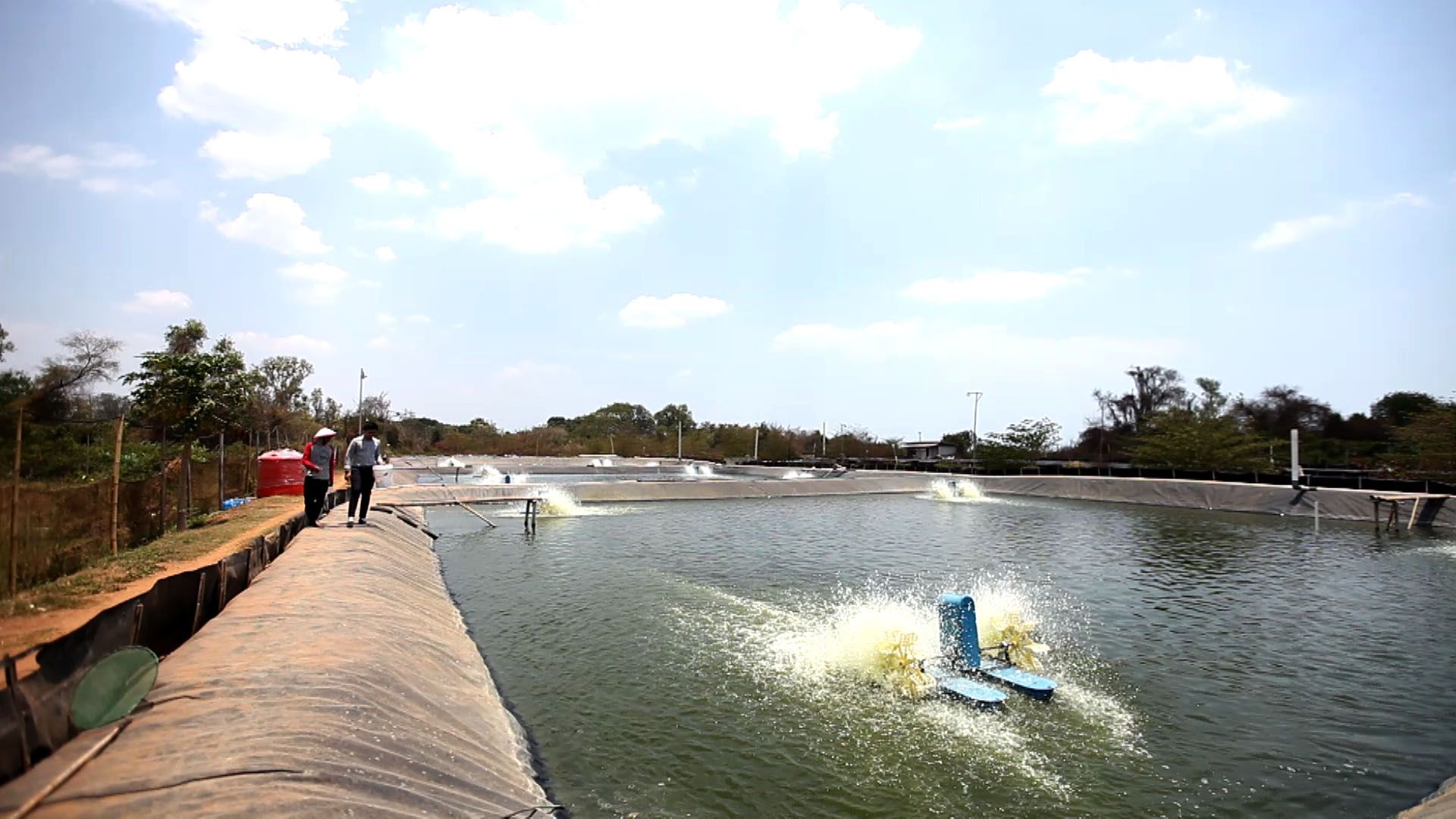FPIK, SEMARANG – The scope of study of the Undergraduate Program in Aquaculture, Faculty of Fisheries and Marine Sciences (FPIK) Diponegoro University (UNDIP) is wider than fisheries studies. In this study program, in addition to studying the potential of marine and fresh and brackish fisheries, students are also provided with knowledge about the maintenance, captivity and breeding of marine and freshwater biota such as fish, shrimp, oysters, seaweed, and so on.
The Head of the Department of Aquaculture who is also the Head of the S1 Aquaculture Study Program (Prodi) FPIK UNDIP, Dr. Ir Sarjito MAppSc, said that although it is part of fisheries, aquaculture is a fishery of the future. “Currently, the aquaculture world is experiencing a very significant development, including the industry,” said Sarjito, Tuesday (9/3/2021).
He admitted that there is still a perception that aquaculture is the cultivation of shrimp, grouper, milkfish, seaweed and others. Even though what is learned is more than that. Starting from seed production, feed, consumption size, as well as facilities and infrastructure.
To differentiate aquaculture and fisheries, one indication is their emphasis on producing products. Fisheries tend to use the wild, while aquaculture emphasizes cultivation. “The end result can be the same, but the process is different,” added Sarjito.
The UNDIP Aquaculture Study Program was born based on the Decree of the Director General of DIKTI No. 473 / DIKTI / Kep / 1995 under the name Aquaculture Study Program. Ir Endang Arini M.Si. became the head of the first study program for a study program which was originally part of the Fisheries Department. To face global challenges and existing developments, the nomenclature of Aquaculture Study Program was changed to Aquaculture Study Program.
Only three years after its arrival, the academic quality of the 1998 UNDIP Aquaculture Study Program received recognition from the National Accreditation Board for Higher Education (BAN PT) with B Accreditation. Then it rose to A in 2004 according to the BAN PT Decree No. 06753 / Ak-VII-S1-032 / UDEBYP / VIII / 2004. The achievement of the best academic quality will continue to be maintained in the next accreditation period so that Accreditation A is still attached to this day.
Besides being careful in maintaining quality, the Aquaculture Study Program also equips its students with knowledge that is relevant to the demands of the times. The students are equipped with entrepreneurial knowledge, especially those related to the potential of aquatic culture. Graduates of the Aquaculture Study Program are also recognized as equality in KKNI (Equivalent Level to Indonesian National Qualification Framework) with Level 6 KKNI. “Our priority curriculum is to prepare aquaculture entrepreneurs and developers, apart from of course careers as researchers and consultants, managers, educators and aquaculture instructors,” said Sarjito.
It should be noted, KKNI (Indonesian National Qualification Framework) is a qualification ranking of Indonesian human resources that juxtaposes, equals, and integrates the education sector with the training and work experience sectors in a work ability recognition scheme that is tailored to the structure in various work sectors. There are 9 qualification levels, starting with Qualification Level 1 as the lowest qualification and qualification level 9 as the highest qualification.
The determination of the gap 1 to 9 is carried out through a comprehensive mapping of labor conditions in Indonesia in terms of the labor producer (supply push) and user (demand pull). The descriptor for each qualification level is also adjusted to take into account the overall conditions of the country. UNDIP’s Aquaculture graduates are immediately included in level 6 of the KKNI, meaning that it is only three steps away from entering the highest level.
All that can be achieved because of the quality that is maintained. Qualifications of the FPIK UNDIP Aquaculture Study Program can be seen from the composition of the teaching staff. There are currently three professors and fourteen doctors in the ranks of its teaching staff. Indeed, there are still those who qualify for master’s degrees, but some are currently attending doctoral education programs. (Source: UNDIP).


Recent Comments